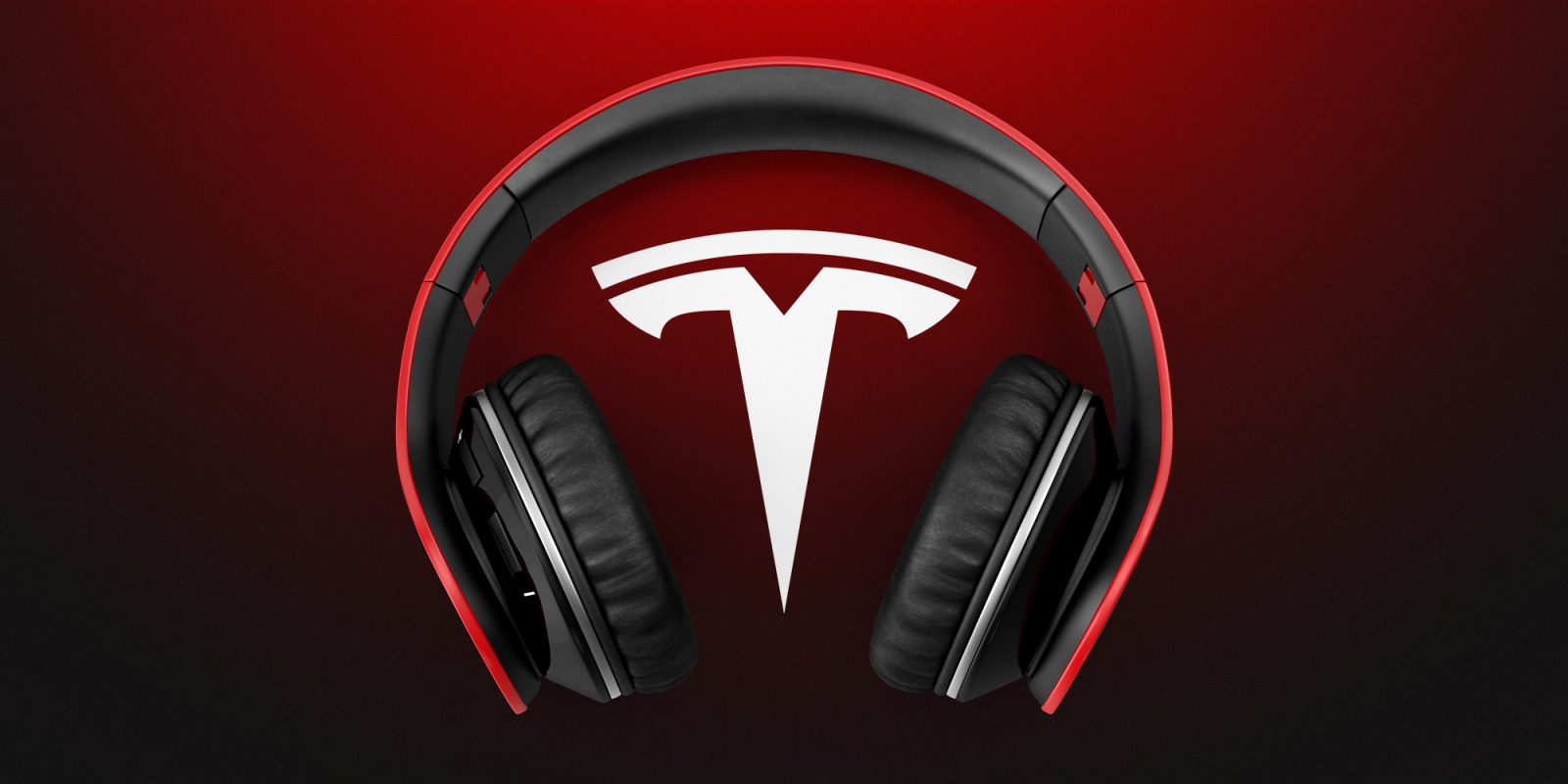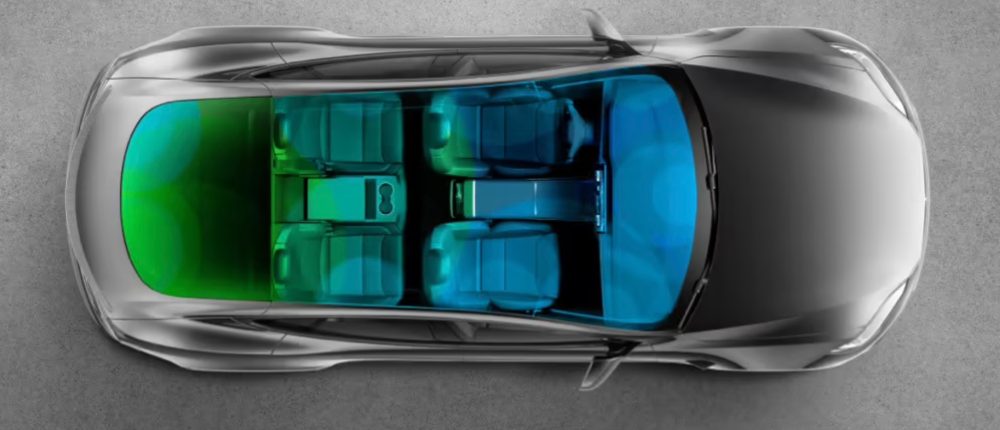
Tesla is rumored to be working on integrating Dolby Atmos in its electric cars in order to deliver better surround sound.
Dolby Atmos is a surround sound technology developed by Dolby Laboratories. The company describes it as “expanding on existing surround sound systems by adding height channels, allowing sounds to be interpreted as three-dimensional objects.”
Being around for 10 years, it is not exactly new, but it was first integrated into movie theaters, then made it to high-end home theaters, and now only recently started making it to cars.
It started with Lucid integrating the technology in the Air, its electric sedan last year, and since then several other automakers – including Mercedes-Benz and Volvo – announced that it will integrate Dolby Atmos.
Now BGR reports based on unnamed sources that Tesla is working on integrating the technology in its vehicles:
One of Tesla’s upcoming software updates should give the sound systems in its current and new vehicles a considerable upgrade. According to our sources, Tesla has been working with major record labels for months to bring Dolby Atmos to Tesla cars. Once the software update rolls out, over 1 million Teslas that are currently on the road will support Dolby Atmos, including all newly manufactured vehicles.
In recent years, Tesla has put an emphasis on the sound system inside its vehicles. However, Tesla isn’t known to be “working directly with labels” when they mostly deal with providers like Tune-in, Spotify and even Apple Music.
The sound system in the Model 3 has been well-received by audiophiles, and the one in the new version of the Model S has also received positive reviews.

It has been compared to an expensive Bang & Olufsen system often found in premium vehicles, but for a fraction of the price.
When a reviewer made the comparison on Twitter, Tesla CEO Elon Musk commented:
Tesla audio engineers come from B&O & many other companies. They literally rock. Our system is highly programmable, so we keep improving it via OTA codec updates.
Tesla indeed has several audio engineers from Bang & Olufsen, like lead audio engineer Markus Koch, who spent over a decade at Harman and Bang & Olufsen before joining Tesla in 2015. He briefly left for a stint at Byton before coming back to Tesla in 2019.
Top comment by Blue8Ball
As a person with a 20+ year interest in multichannel music, I think that this is not so much about the height channels as finding a mass application of multichannel music in general. The problem has always been in complicated formats and the dislike of many for proliferating speakers in their living rooms. I endured the SACD/DVD-Audio wars where the software companies were recalcitrant in accepting any risk that their multichannel masters might be recorded by consumers, & thus crippled capabilities in the hardware, making things even more confusing for them. By the time that streaming audio eliminated the roadblocks of disc formats and hardware costs, the public was burnt and resistant to home multichannel. This in turn starved the $$$ needed to get multichannel mixes produced from the masters.
So now cars are left as the multispeaker listening rooms of the masses. And getting over that public resistance means offering all possible advantages over CD-grade audio. Which requires multichannel masters. Dolby and some of the service providers seem to want a guaranteed market to get the money flowing for the masters.
More recently, Tesla also hired several engineers from Jawbone and Amazon Lab126, where they develop the Echo speakers.
The company has also been integrating different music streaming services directly inside its vehicles with apps built to work on its center displays.
Most famously, Tesla has integrated Spotify into its vehicles as the main music streaming app. Last year, the automaker also integrated Tidal. Earlier this week, we also reported on Tesla teasing Apple Music integration coming soon.
So while we don’t think Tesla is working directly with labels, we think there is a high likelihood that the company integrated Dolby Atmos into its cars, sooner or later.
FTC: We use income earning auto affiliate links. More.






Comments